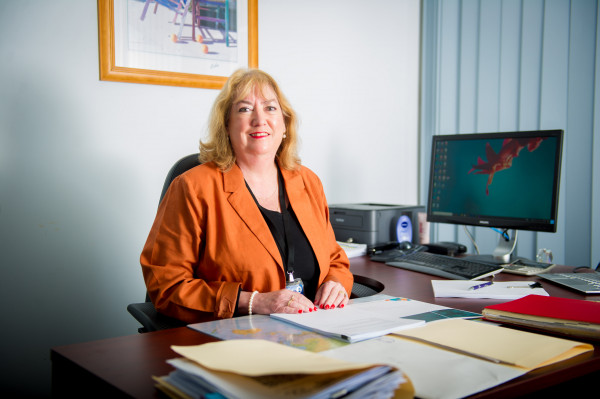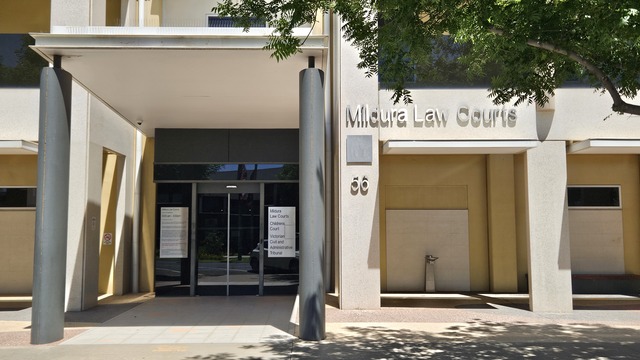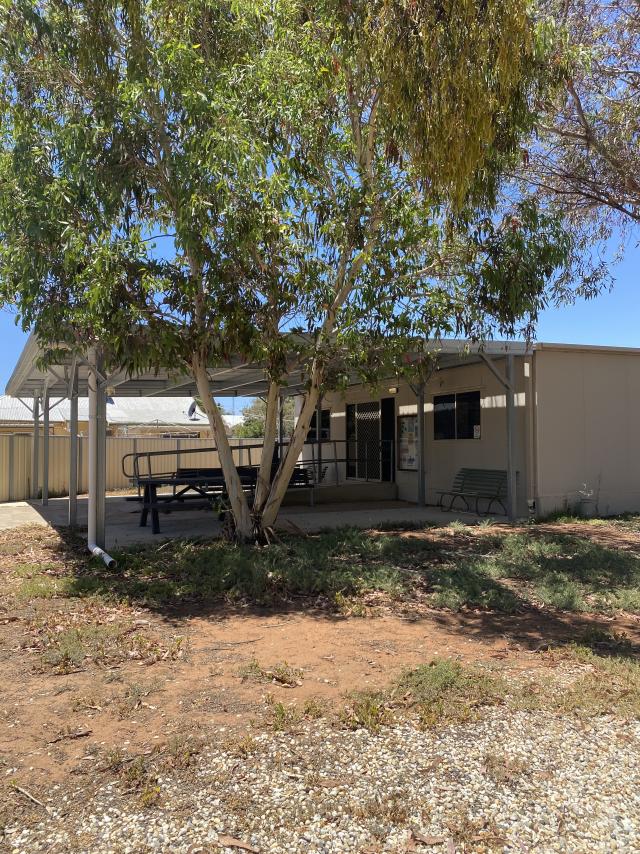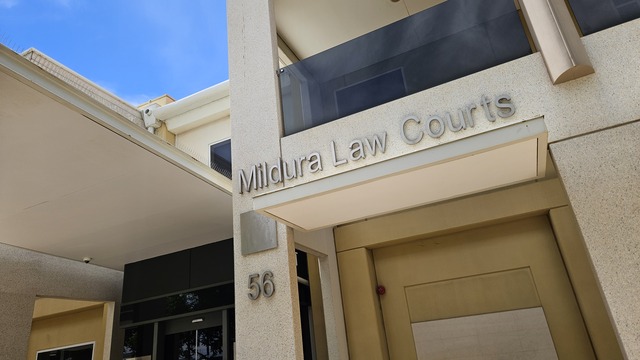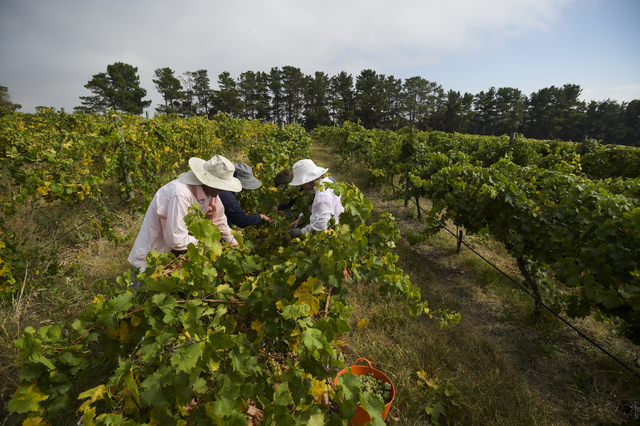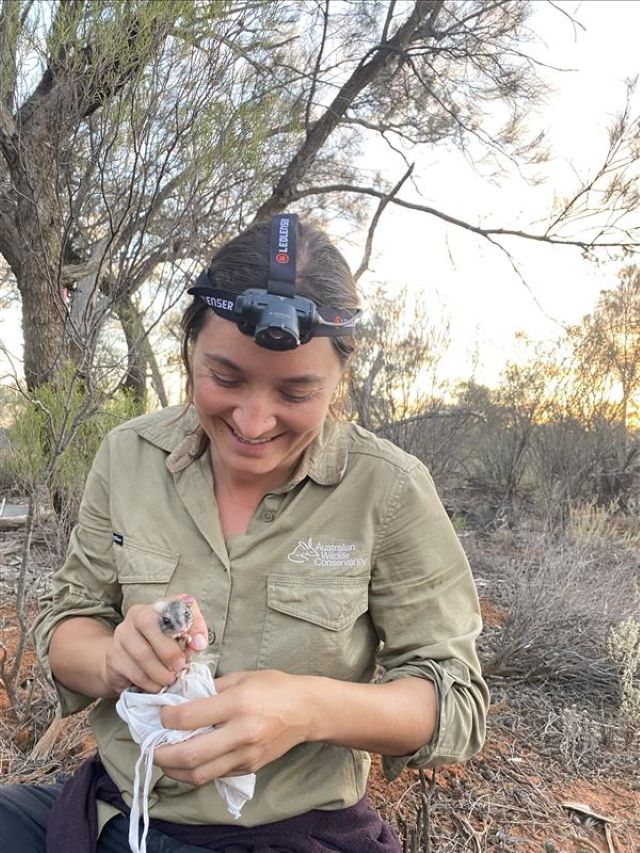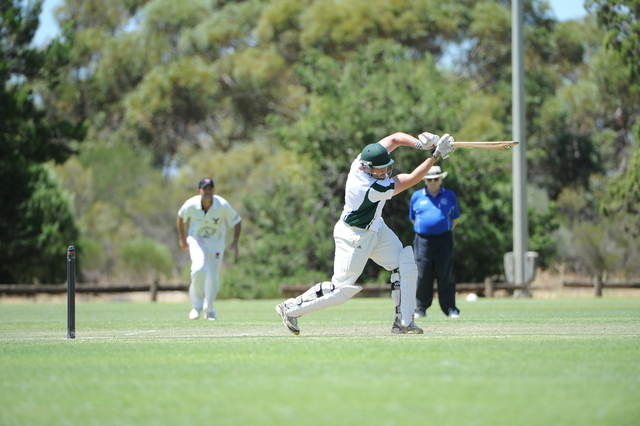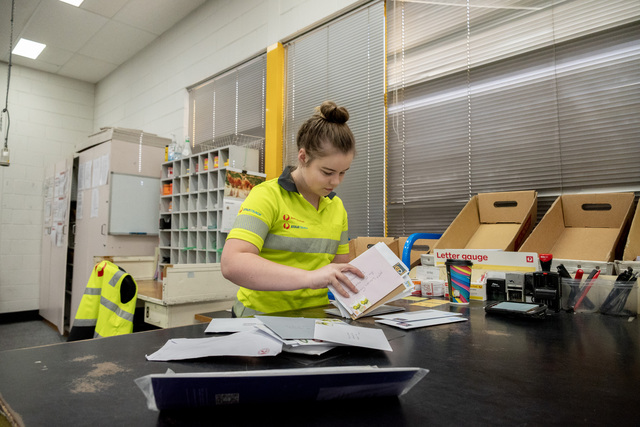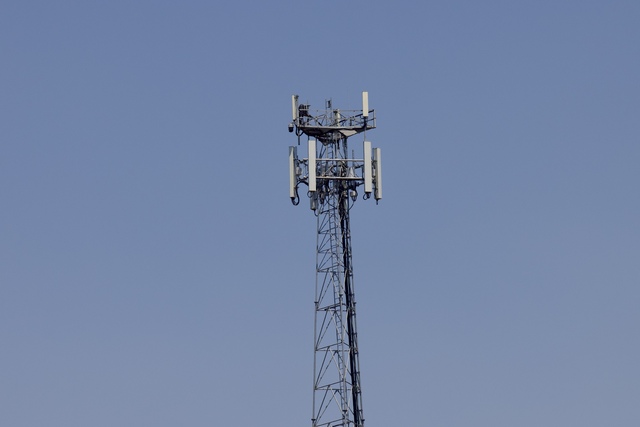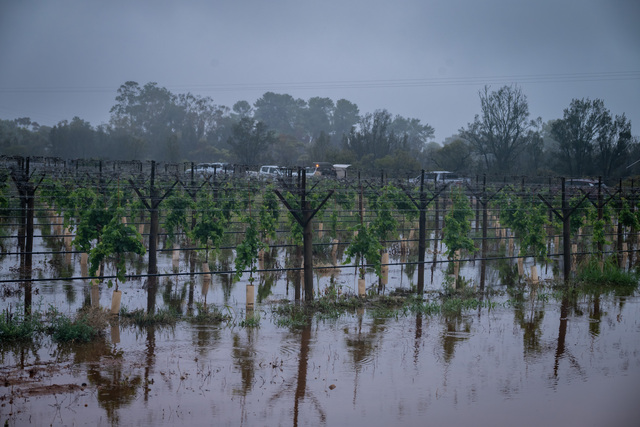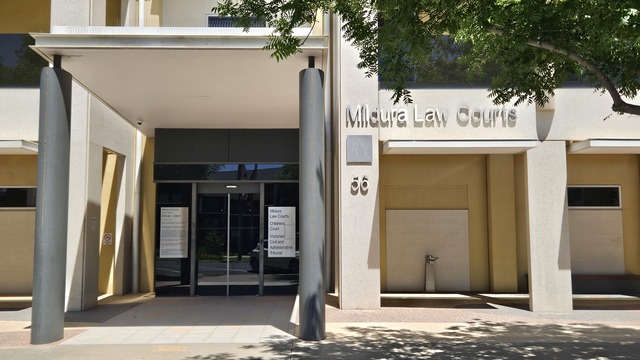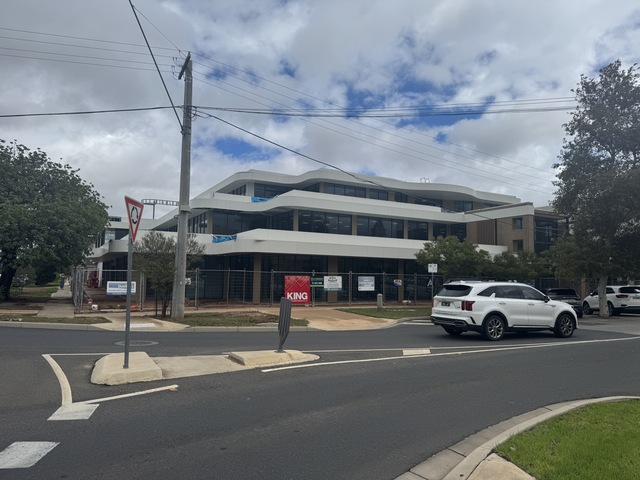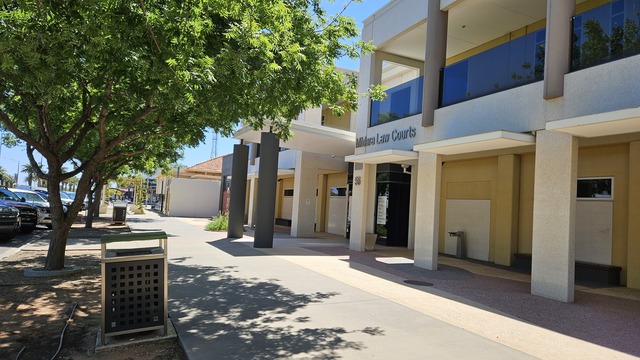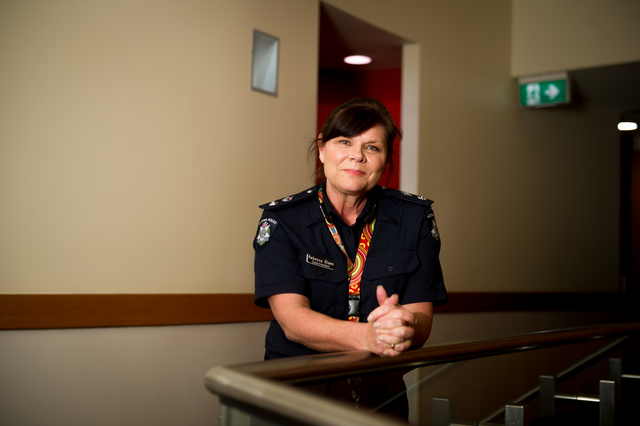DOMESTIC abusers are weaponising the health threat of the COVID-19 virus to keep their victims confined to the home and out of sight of family and friends.
Mallee Domestic Violence Services has received “numerous” reports of the practice, which can involve threats from an abuser that they will bring a COVID-positive person into the home and infect the victim “so they can’t go out”.
MDVS chief executive Joanne Sheehan-Paterson told Sunraysia Daily that “we did have reports after lockdown (that) abusive partners were using the threat of COVID infection to keep people in the home”.
“What they would do is say, ‘I’ll bring someone in here who is COVID-positive and then they’ll infect you so you won’t be able to go anywhere,” she said.
“There were no eyes on victims (during lockdown), so it was quite a dangerous time.
“I have never experienced anything like this in my working career, where the pandemic has been turned around as another form of violence, another form of threat.”
There have been reports across Australia and around the world during the pandemic that lockdowns and isolation were cutting domestic abuse victims off from help and support, leaving them trapped in dangerous home situations. Reported incidence of domestic violence and other abuse has escalated markedly in the COVID era, but support workers believe many cases remained hidden as a result of social restrictions.
“The first lockdown was eerily quiet for us,” Ms Sheehan-Paterson said. “We knew there was a lot going on, but people weren’t reporting and people weren’t coming out of their homes.
“One of the (legitimate) reasons for leaving home is if you’re not safe, you can leave, (but) it wasn’t until the second or third lockdown that we heard that message from government, so we really need to remind people about that. Of course you can leave if you’re unsafe.”
Ms Sheehan-Paterson said abusers were also using misinformation about the virus to frighten victims, who were often denied access to television or other media.
“Some victims of family violence get denied access to medical treatment, but if they do get treatment for anything else, you would hope their GPs are informing them,” she said.
The apparent end of lockdowns had at least given some victims the opportunity to seek help, and the service had also been able to help victims establish covert systems, such as codes while speaking on the phone, that could alert friends or family that police assistance was needed.
“Certainly the opening up has given more of an opportunity for them to seek assistance,” Ms Sheehan-Paterson said.
For help from MDVS in Mildura, call 5021 2130, 24 hours.

